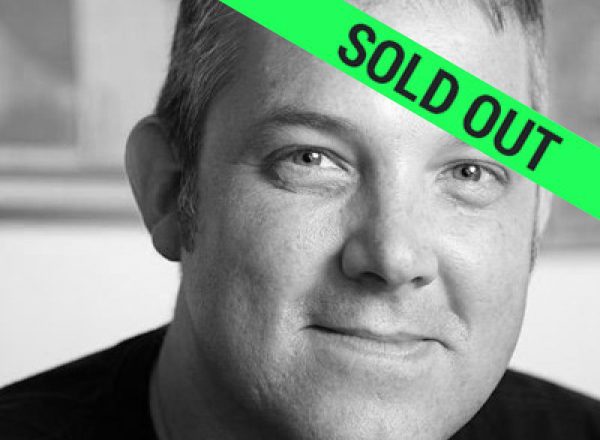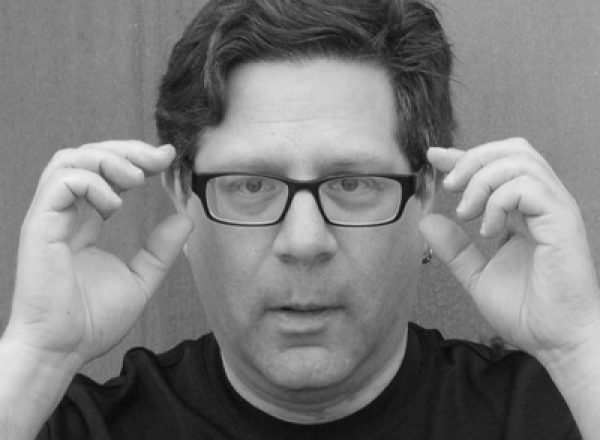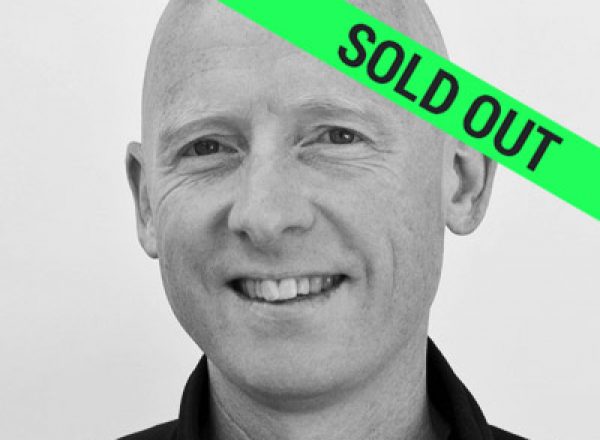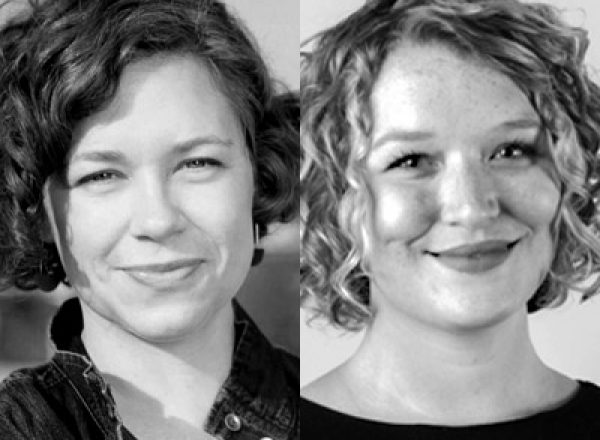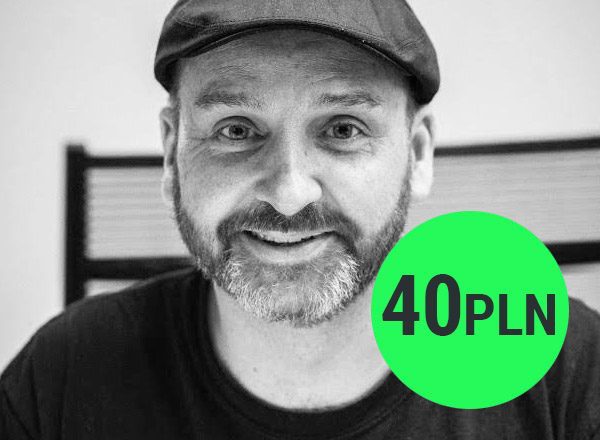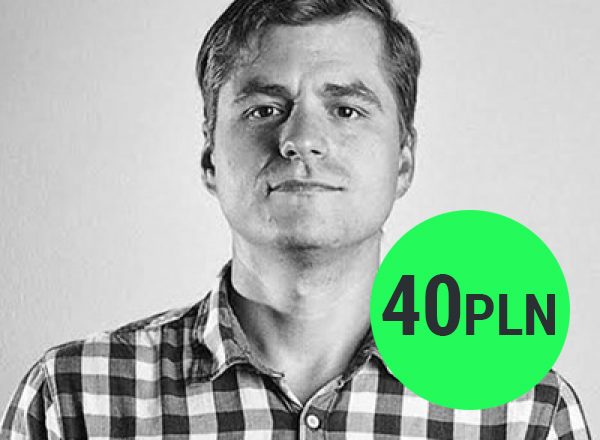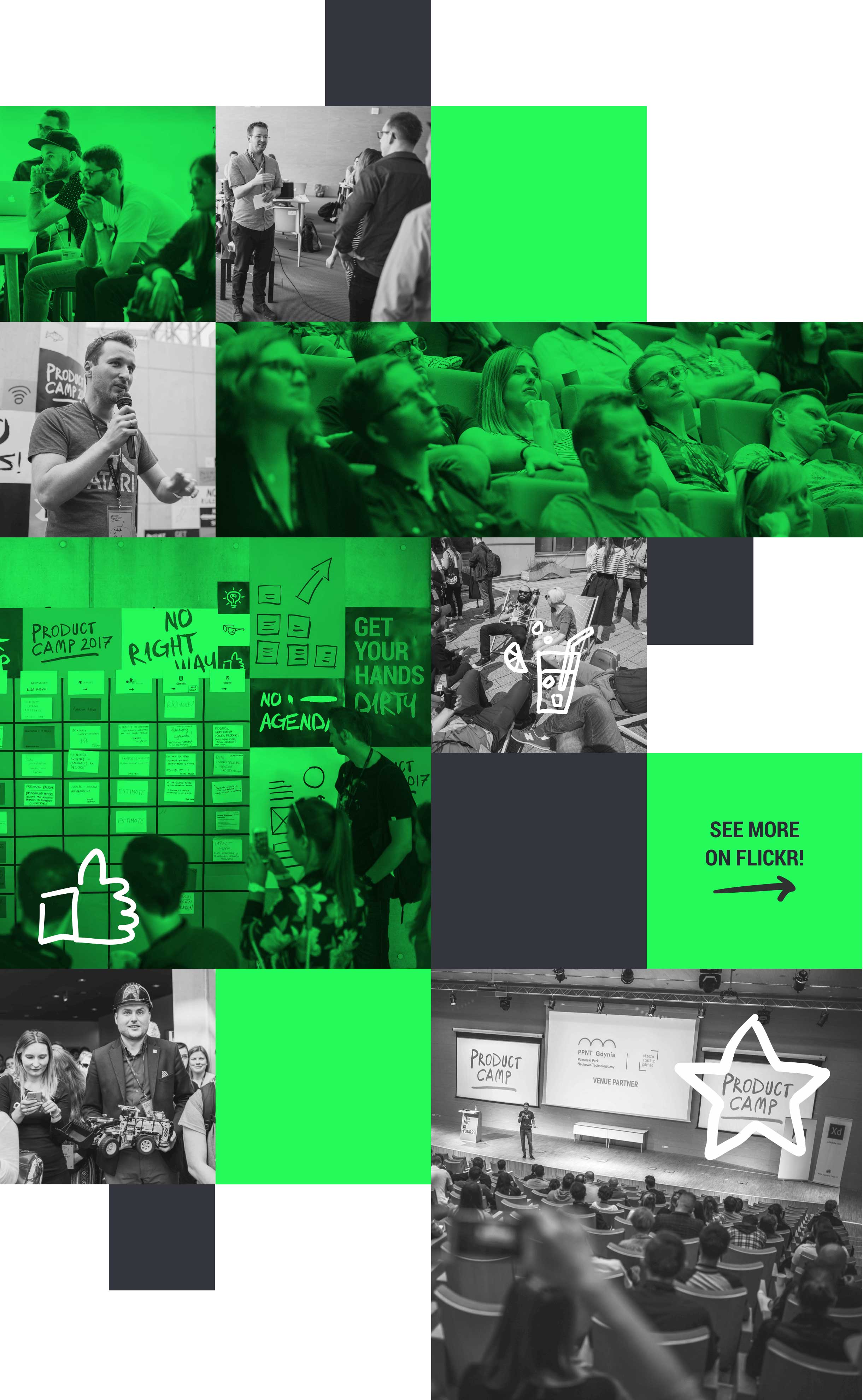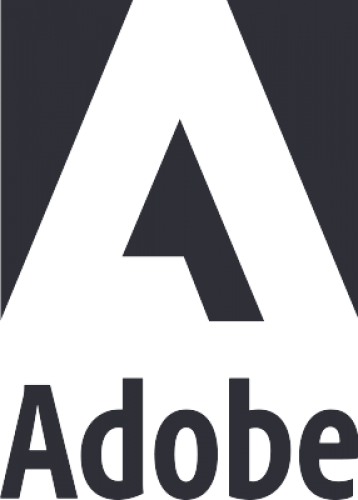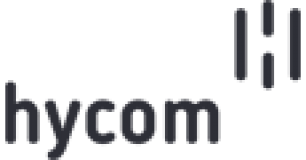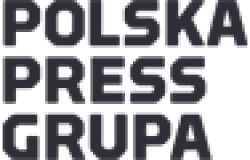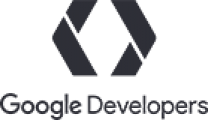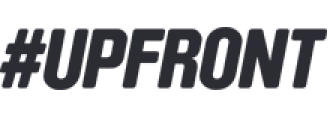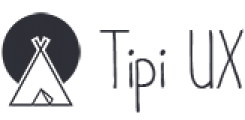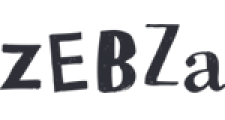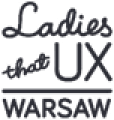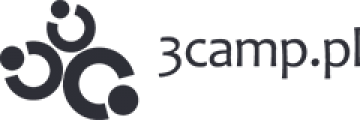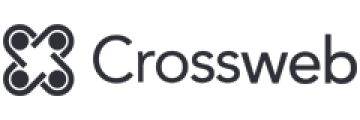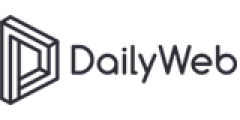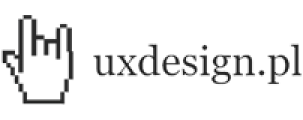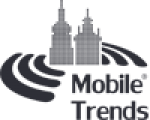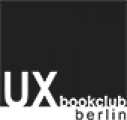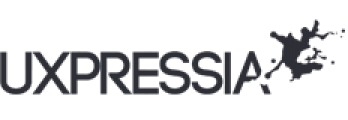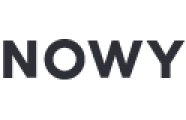WHAT IS PRODUCT CAMP?
DAY 1: THURSDAY
PRACTICAL WORKSHOPS
Participate in one of 5 full day workshops hosted by world class product practitioners. Hone your skills during hands-on exercises while collaborating with other designers, researchers and product professionals. All in a friendly and accomodating atmosphere and state of the art facilities.
CHECK THE WORKSHOPS
DAY 2: FRIDAY
INSPIRING CONFERENCE
Open up to the wisdom, experience and charisma of our seasoned speakers. Listen in to 9 inspiring talks that will likely change the way you: plan projects, talk to users, design logic or ... listen to your boss. Mingle with the like minded digital product creators.
SEE THE LINEUP
DAY 3: SATURDAY
FAST-PACE BARCAMP
Throw yourself in the epicentre of the most vibrant and prolific educational event of the decade. 500 creators. 7 rooms. 60 sessions. Tons of experience and kilojoules of passion. Listen and ask. Nod or argue. Demo or take notes. Our motto is: No spectators - Only participants.
ABOUT BARCAMPABOUT BARCAMP
Barcamp is a gathering of like-minded product professionals born from the desire to share knowledge and learn in the open environment.
Participants coming to barcamp should be ready to present, share their experiences or otherwise actively participate during the sessions.
There is no preset agenda known before the event. Barcamp starts with the session hosts (presenters) putting topics of their sessions inside empty slots on the barcamp board.
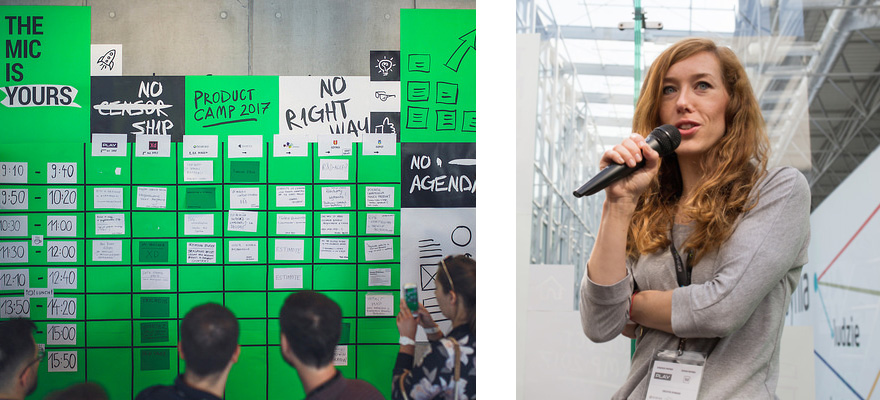
Sessions will run from the morning till the afternoon and are spread across 7 rooms. Before each round of sessions, presenters will pitch their topics, so that other participants can better manage their paradox of choice.
In case you wonder:
- Coffee / tea / water & lunch are provided
- Session hosts (presenters) need to use their own laptops & dongles. All projectors in the venue use HDMI connectors.
- Each session lasts for 30min (we’re recommending max 25min for a presentation + 5min for questions/discussion)
- You can run your session in English or Polish
- We’re open to all types of session formats. You can run a regular presentation, host a quick workshop, moderate a fishboal discussion or a Q&A session. As long as you don’t diverge too far from the broad arena of product / design / research / UX you will likely gather a handsome pack of followers eager to hear what you have to say or show.
Summing things up, let us quote the original Barcamp manifesto:
"No Spectators. Only participants. We are independent, empowered, and en-fucking-gaged."
OUR SPEAKERS
Highest ratio of Product & UX heroes per square meter
AGENDA
Join us for the full 3-day experience or take part any day you like.
Hours may slightly change.
WORKSHOPS
Full day workshops
Evening labs with...
CONFERENCE
-
9:00 - 9:40Steve Portigal - "Stop Solving Problems!"
 Steve Portigal
Portigal Consulting
Steve Portigal
Portigal Consulting
The old maxim says we should “Find a need and fill it;” while at a one level that is certainly true, even in this era of fetishized disruption, organizations seem to easily fall in love with the idea of being in the problem solving business. Steve will review a number of different mindsets for creating products and services, consider their benefits and risks, and challenge you to go beyond a fixing mentality.
-
9:40 - 10:20Tobias Ahlin - "The Guessing Game: Design tools to encourage critical thinking"
 Tobias Ahlin
Minecraft
Tobias Ahlin
Minecraft
The Guessing Game is about the junction where creativity meets critical thinking, and the careful balance of these two seemingly contradictory forces. The current business orthodoxy assumes that we'll find creativity with post-its and out-of-the-box-thinking, and critical thinking through business plans and key performance metrics. But to what extent do these ceremonies actually work? Are we performing them simply because other successful companies are, or have we really seen them work? In other words, do these ceremonies correlate with success, or lead to success?
Tobias examines the research behind successful innovation and prediction making, and uses his background at Minecraft and Spotify to showcase how tools can be applied at fast-moving companies to encourage critical thinking in a creative environment.
-
10:40 - 11:20Alberta Soranzo - "Beyond the org chart"
 Alberta Soranzo
Lloyds Banking Group
Alberta Soranzo
Lloyds Banking Group
What is it that makes some teams, but not others, achieve incredible outcomes? Why do some people dread going into work and others can’t wait for Monday morning? How come some organizations fail to innovate, while other seem to constantly redefine the future? Chances are, the main difference has to do with the design of the organization itself. Alberta examines how an intentional and systemic approach to leadership and the design of teams (and entire organizations!) drives performance and fosters creativity and innovation.
-
11:20 - 12:00Joe Macleod - "Ends. What it means to you, your business, and the world."
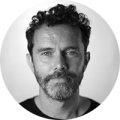 Joe Macleod
Independent
Joe Macleod
Independent
How many products have you started, launched, grown a customer base for? Do you have the same passion about ending them appropriately? Does it matter?
Joe Macleod explains why, over centuries, we have lost vital balance in the consumer lifecycle, and how it is critical we now regain it.
-
13:00 - 13:40Peter Morville - "Tomorrow’s Architects"
 Peter Morville
Semantic Studios
Peter Morville
Semantic Studios
We think we’re creating products, services, and software. But we’re not. We are agents of change. Our systems shape belief and behavior at scale. Experience isn’t enough. Methods, metrics, culture, and governance are shifting. To realise the future, we must get better at planning. In this spirited talk about the design of paths and goals, Peter Morville builds upon his famous “polar bear book” to reframe vision, strategy, process, and the information architecture of time; and draws from his latest book Planning for Everything to reveal four principles and six practices essential for shaping the future.
-
13:40 - 14:20J. Brook & R. Buchanan - "Designing Co-Creative Research"
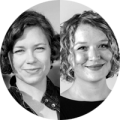 Jennifer Brook
Jennifer Brook
& Ruth Buchanan DropboxWhen so many of the products and services launching around us seem to lack a fundamental understanding of people (or worse, act in ways that harm or undermine our goals) — how might we as designers commit to making things that are useful and meaningful for the people using them? In this talk, we’ll share with you how we’ve been exploring co-creative research and participatory design as a means to have a different kind of conversation and relationship with our customers. And to make a different kind of product.
-
14:20 - 15:00Kevin Cannon - "The invisible hand behind design"
 Kevin Cannon
frog design inc.
Kevin Cannon
frog design inc.
“Why do router interfaces always suck? Why do old buildings look better? And crucially, why are there pineapples on buildings all over London? I will take a look at how many hidden factors such as economics, materials and wages have had a surprising influence on design over the centuries, and how that’s still happening today. As designers seek to be involved in ever more important product & service decisions, it’s critical for us to become aware of and articulate about the macro-trends that affect our work.”
-
15:20 - 16:00Bushra Mahmood - "Continue solving problems. Tech will catch up with you."
 Bushra Mahmood
Adobe
Bushra Mahmood
Adobe
Hardware is generally easier to scope and predict than user behaviors. Obviously it is vital for designers to explore beyond current technological constraints, but also to not be intimidated so they can help lead the technology forward. But with technology at early stages, the language needed to best articulate what designers want to do is still evolving. This talk sets out to break down technological complexities and to identify common patterns and behaviours, so designers are more comfortable in exploring and designing dynamic content for AR.
-
16:00- 16:50Josh Clark - "AI: Your New Design Material"
 Josh Clark
Big Medium
Josh Clark
Big Medium
If mobile shaped the last decade of design and technology, machine learning and AI will certainly shape the next. Learn to use AI in your everyday work, starting right now. Explore a rich set of entertaining (and sobering) examples that reveal 10 design principles for creating effective and responsible AI interfaces.
BARCAMP
-
09:00 - 09:30Registration
-
09:30 - 09:50Welcome speech
-
10:00 - 10:30Session 1
-
10:40 - 11:10Session 2
-
11:20 - 11:50Session 3
-
11:50 - 12:00~ Coffee break ~
-
12:10 - 12:40Session 4
-
12:50 - 13:20Session 5
-
13:20 - 14:20~ Lunch ~
-
14:30 - 15:00Session 6
-
15:10 - 15:40Session 7
-
15:40 - 15:50~ Coffee break ~
-
15:50 - 16:50Keynote Speech: Eric Reiss
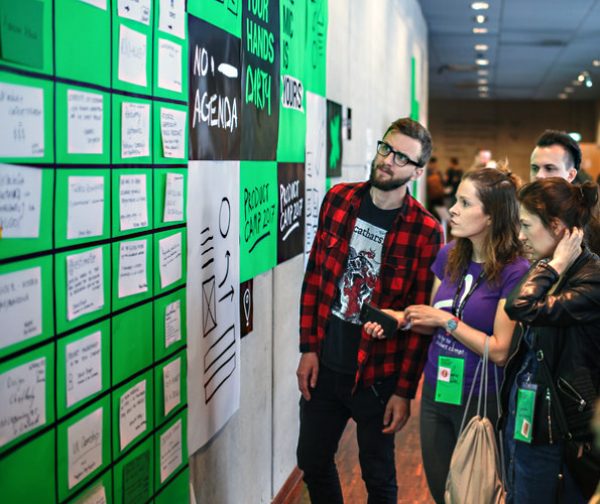
There is no preset agenda known before the event. Barcamp starts with the session hosts (presenters) putting topics of their sessions inside empty slots on the barcamp board. Sessions will run from the morning till the afternoon and are spread across 7 rooms. Before each round of sessions, presenters will pitch their topics, so that other participants can better manage their paradox of choice.
TICKETS
Book fast. Workshops sell out like hot cakes. Convince your boss! [PDF] »
Day 1: Thursday
workshops
-
Regular
1399 PLN 335 EUR
Day 1: Thursday
evening labs
-
Regular
40 PLN 10 EUR
Day 2: Friday
conference
-
Regular
1099 PLN 263 EUR
Day 1 + day 2
discount
Buy tickets for Workshop & Conference and save 200 PLN!
The discount is calculated at the end of checkout.
Day 3: Saturday
barcamp
-
Regular
160 PLN 39 EUR
Please note that tickets for Day 1 and Day 2 do not include entry for the Barcamp day
LOCATION
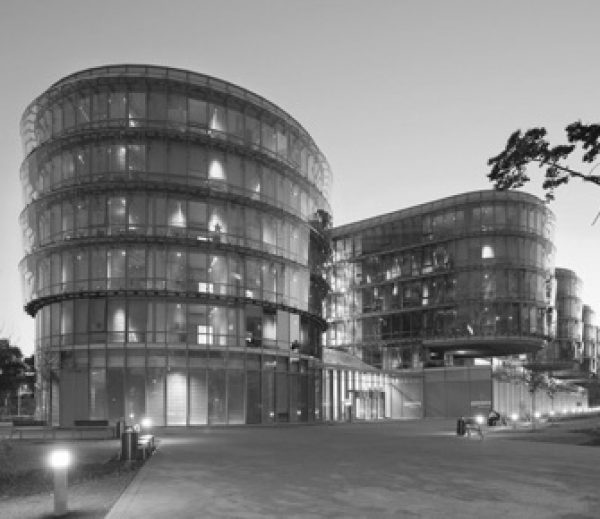
Pomorski Park Naukowo-Technologiczny
Aleja Zwycięstwa 96/98
81-451 Gdynia, Poland
ABOUT
6 things you need to know about Product Camp. Especially if you’re a newbie.
DELIVERED BY…

We’re a bunch of designers. And researchers. Sometimes smart. Sometimes dumb. But it helps. Work is work. But we love it. Go ahead. Click through. Don’t flinch. We’re rebranding. It’s coming...
VISIT THE WEBSITE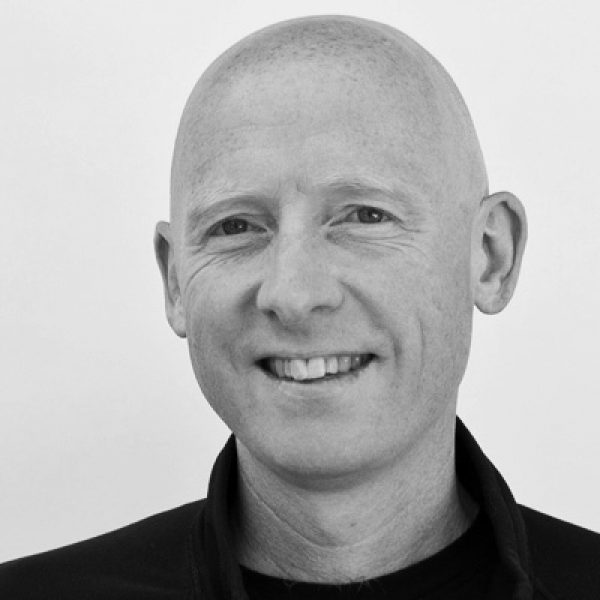
Peter Morville Semantic Studios
Peter Morville is a pioneer of the fields of information architecture and user experience. His bestselling books include Information Architecture for the World Wide Web (the “polar bear book”), Intertwingled, Search Patterns, and Ambient Findability. He advises such clients as AT&T, Cisco, Harvard, IBM, Macy’s, Vodafone, the Library of Congress, and the National Cancer Institute. He has delivered conference keynotes and workshops in North America, South America, Europe, Asia, and Australia. His work has been covered by Business Week, NPR, The Economist, The Washington Post, and The Wall Street Journal. His latest book Planning for Everything is about the design of paths and goals.. Peter lives in Ann Arbor, Michigan with his wife, two daughters, and a dog named Knowsy.
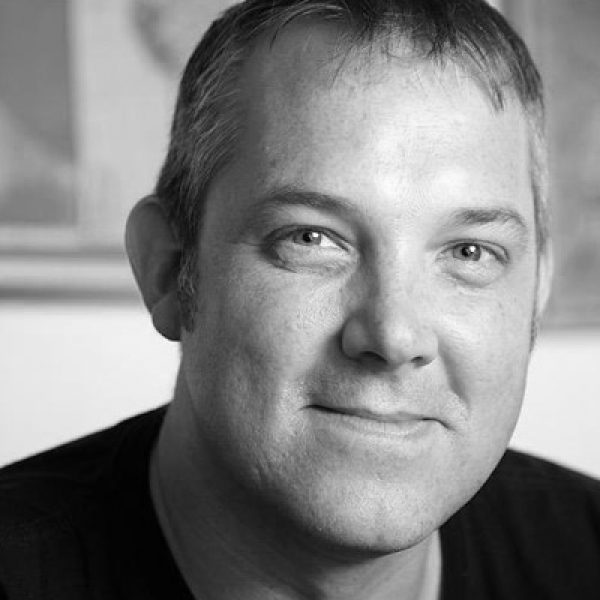
Josh Clark Big Medium
Josh Clark is a UX designer and design leader who helps organizations build products for what's next. He is founder of Big Medium, a New York design studio specializing in future-friendly interfaces for artificial intelligence, connected devices, and responsive websites. His clients include Samsung, Time Inc, ExxonMobil, Dotdash (About.com), TechCrunch, Entertainment Weekly, eBay, O’Reilly Media, and many others. Josh has written several books, including Designing for Touch and Tapworthy: Designing Great iPhone Apps. He speaks around the world about what’s next for digital interfaces.
Before the internet swallowed him up, Josh was a producer of national TV programs for American public television. He shared his three words of Russian with Mikhail Gorbachev, hobnobbed with Rockefellers, and wrote trivia questions for a primetime game show. In 1996, he created the popular “Couch-to-5K” (C25K) running schedule, which has helped millions of skeptical would-be exercisers take up jogging (his motto is the same for fitness as it is for software user experience: no pain, no gain).

Alberta Soranzo Lloyds Banking
Alberta is End-to-End Service Design & Systems Thinking Director at Lloyds Banking Group where she leads a team of systems thinkers, service designers and agile coaches who are shaping the future of financial services by transforming the organization from within.
An incorrigible nomad, Alberta was born and raised in Italy, has lived in California and now works in London. She sketchnotes the meetings she attends (and there are many), is a ice hockey player and fitness enthusiast, and cares deeply about the very small things that, she says, “matter a lot”.
Alberta has co-chaired the IA Summit in 2016 and is co-chairing EuroIA in Dublin in 2018. She is often speaking and lecturing around the world about design, systems, leadership, transformation and ethics, and is actively involved in the international design community.
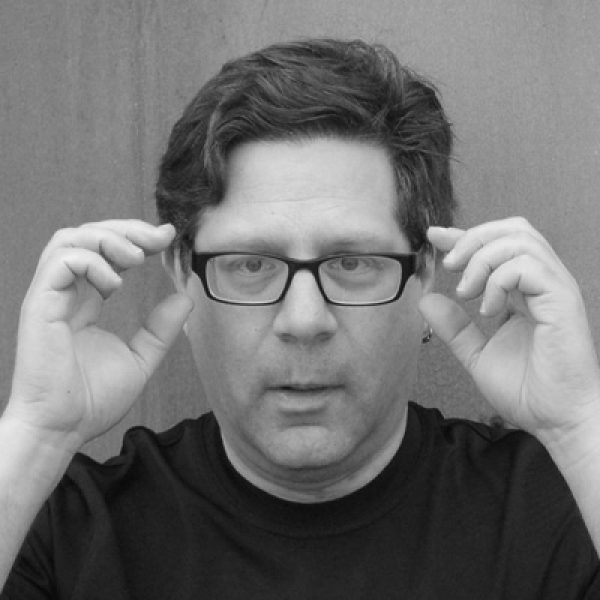
Steve Portigal Portigal Consulting
Steve Portigal helps companies to think and act strategically when innovating with user insights. Based outside of San Francisco, he is principal of Portigal Consulting, and the author of two books: The classic Interviewing Users: How To Uncover Compelling Insights and new, Doorbells, Danger, and Dead Batteries: User Research War Stories. He's also the host of the Dollars to Donuts podcast, where he interviews people who lead user research in their organizations. Steve is an accomplished presenter who speaks about culture, innovation, and design at companies and conferences across the globe.
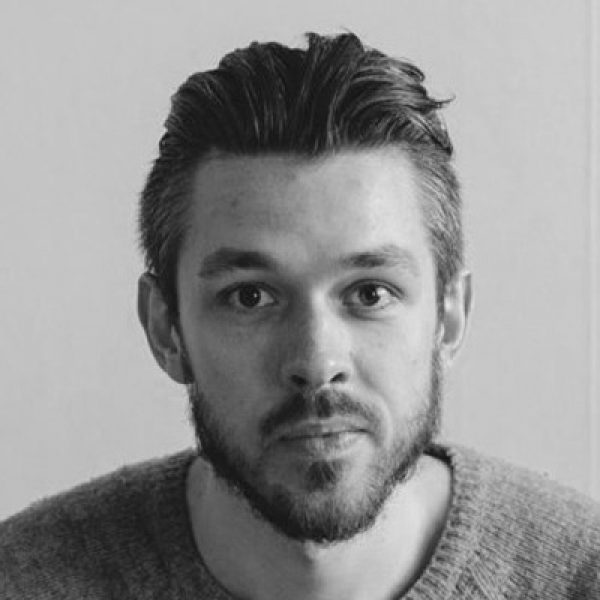
Tobias Ahlin Minecraft
Tobias Ahlin is the Experience Design Director at Mojang, and directs the design and the creative processes behind the second most popular video game of all time: Minecraft. He’s worked as a Product Designer at both Spotify and GitHub, he is a judge for the Swedish Design Awards, an Industry Leader at the creative business school Hyper Island, and an international speaker.
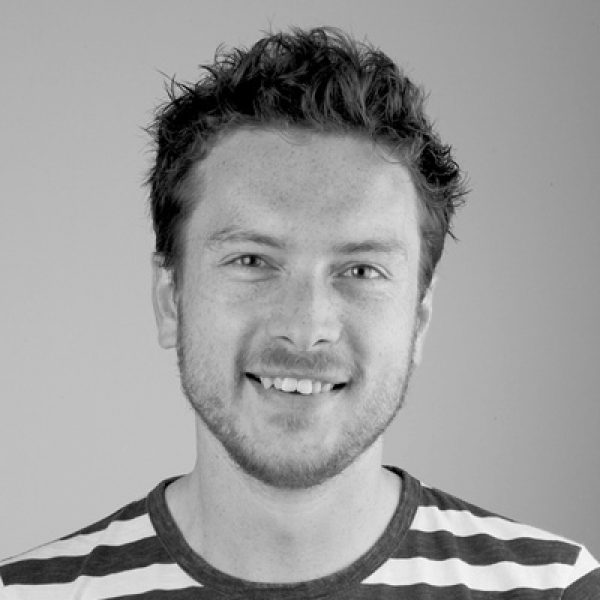
Kevin Cannon frog design inc.
Kevin is a Principal Designer at frog specialising in Interaction Design. He has designed medical devices, smart home products and museum exhibitions and has laughed and cried in many usability tests along the way. His favourite twitter feed is the @internetofshit account and his goal when designing products is to avoid being featured on it. To date, he has not been 100% successful in that goal. Ask over a beer and he might even tell you why.
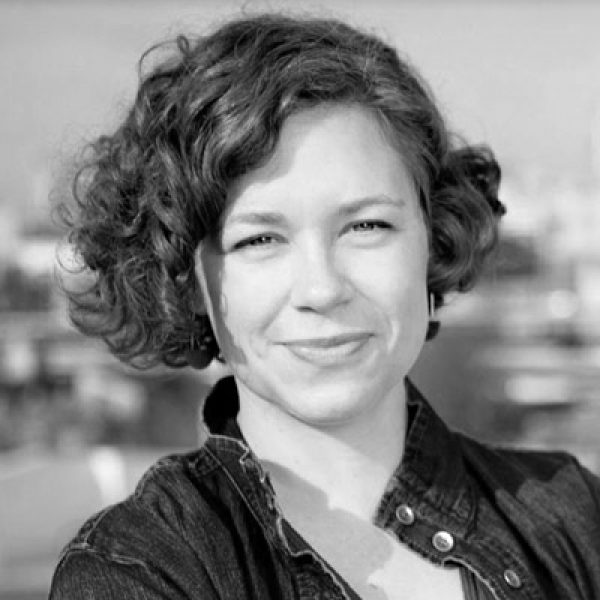
JENNIFER BROOK Dropbox
Design Research Lead @ Dropbox
"I want to inspire individuals, teams and organizations to discover and solve meaningful problems through the power of co-creation, fieldwork, facilitation, and visioning."
Jennifer is a design practitioner who creates and facilitates weird workshops, teaches and practices human-centered design, and works as a design researcher at Dropbox. Over the past 10 years, she's worked with organizations like Art+Feminism, The New York Times, Apple, Vice, and O'Reilly to redesign existing products and invent new ones.
She loves riding funiculars, ferries, and her Vespa.
For more info visit: jenniferbrook.com
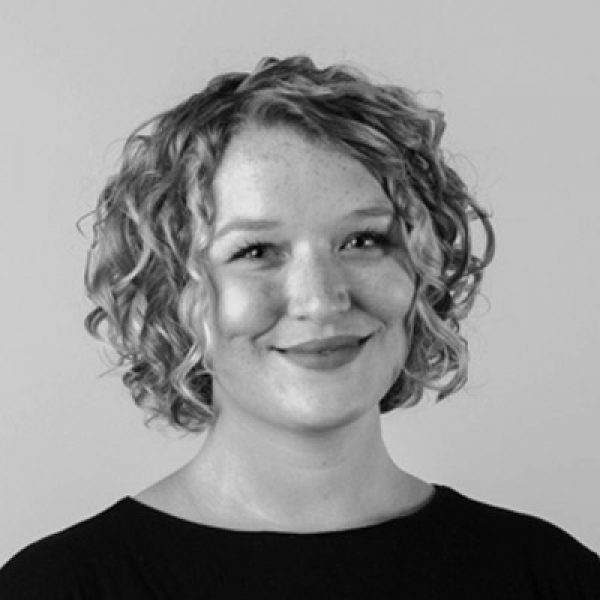
RUTH BUCHANAN Dropbox
Design Research Lead @ Dropbox
"I care deeply about using the creative process to empower teams to experiment, generate new ideas, and design experiences that enrich people’s lives."
Ruth is a design research lead in New York City. She designs research and experiences for people and teams that are inclusive, collaborative, and generative. Her favorite part of the design process is when research insights lead to concepts — she loves translating what she learns with teams into ideas how to improve people’s lives. Ruth has worked at companies like Atlassian, SurveyMonkey, and Netflix, and currently works at Dropbox. She’s insatiably curious, and a little bit obsessed with her dog. She’s also an avid maker of soups in all seasons.
For more info visit: ruthhtur.me
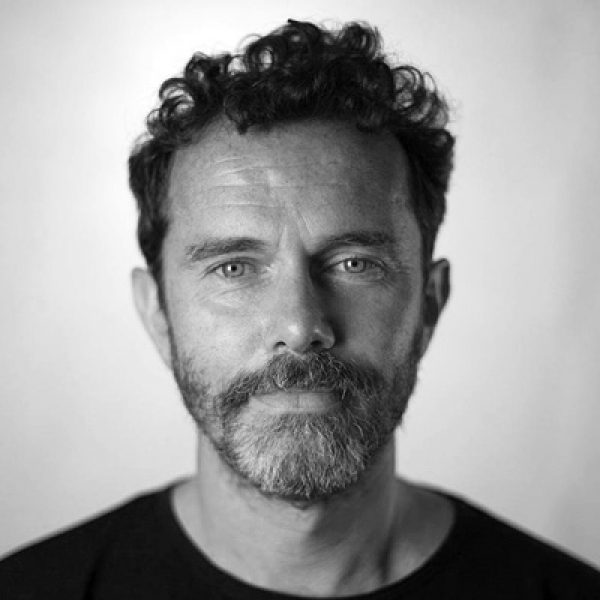
Joe Macleod Independent
Joe Macleod has decades of product development experience across digital, physical and service sectors. Previously Head of Design at the award-winning studio Ustwo. Now he works on the Closure Experiences project researching endings. Where he talks, consults and writes about this important issue. Most recently publishing the "Ends" book, that captures the historical, societal context that has led to the problems we have with consumer endings and lays down a common philosophy for improving the ills of consumption.
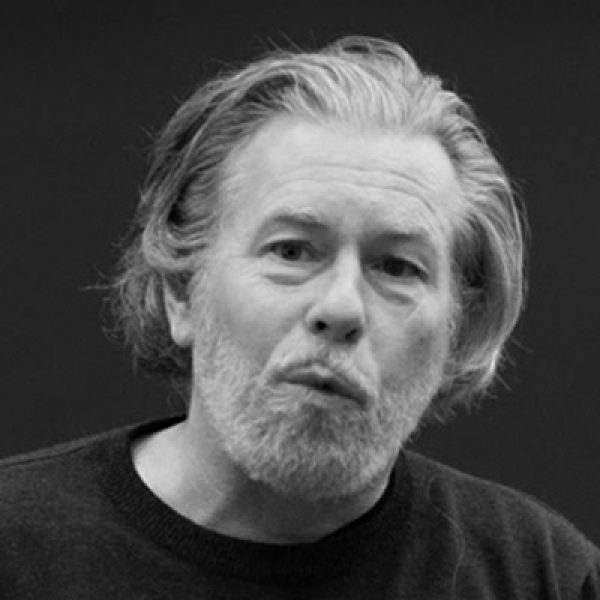
Eric Reiss FATDUX
Eric Reiss has held a wide range of eclectic jobs: piano player (in a house of ill-repute), senior copywriter (in an ad-house of ill-repute), player-piano repairman, adventure-game creator, and stage director. His experiences have served him admirably as a designer, information architect, and usability “expert” although he can’t explain exactly how.
In more mundane lives, Eric has been a two-term president of the Information Architecture Institute and Professor of Usability and Design at IE Business School in Madrid, Spain. Today, Eric is CEO of the FatDUX Group in Copenhagen, Denmark, a leading UX company with offices and associates in over a dozen cities worldwide. He also has several books to his credit, including the best-selling “Usable Usability,” which is now available in four languages.
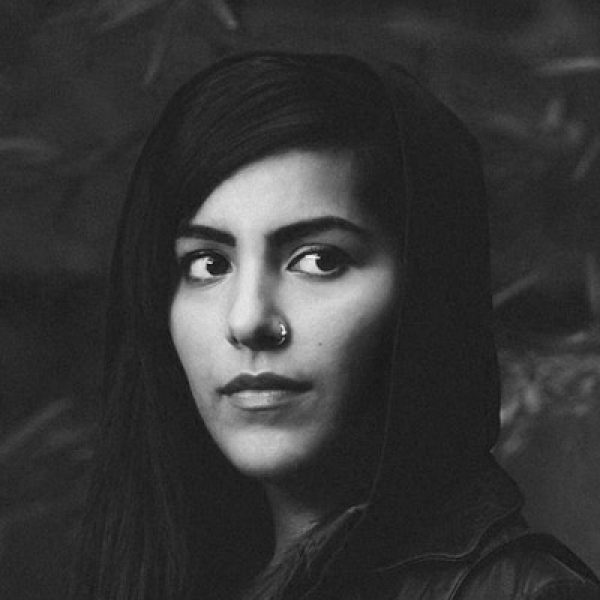
Bushra Mahmood Adobe
Bushra Mahmood is a senior experience designer at Adobe based in San Francisco. She has built a diverse portfolio working in machine learning, 3D, AR, finance and digital publishing. She has worked alongside enterprise clients and boutique shops to develop and create new software and hardware. Some of her clients include Whole Foods, NBA, Skype, Nokia, Blackberry and Cornell University.
In her spare time she builds worlds in 3D or binge watches Nicolas Cage films. Learn more about her work here - bushramahmood.com
Before you select your tickets...
how would you like to pay?
- Prices do not include VAT or processing fee by Eventbrite. Avoid the latter by selecting “pro-forma” option.
- All payments in PLN. Prices in EUR indicative only.
- This year Barcamp is sold separately. Admission to workshops / conference doesn’t give you access to Barcamp.
Bank transfer (proforma)
- Ideal for corporate clients in Poland
-
How it works?
?1. Fill in a form & Select tickets
2. We email you with a pro-forma invoice
3. You have 5 working days to pay
4. We send a prepayment invoice
5. We send the final invoice after the event
Credit card via eventbrite
- Ideal for clients outside of Poland
- Eventbrite will invoice you once the payment is settled
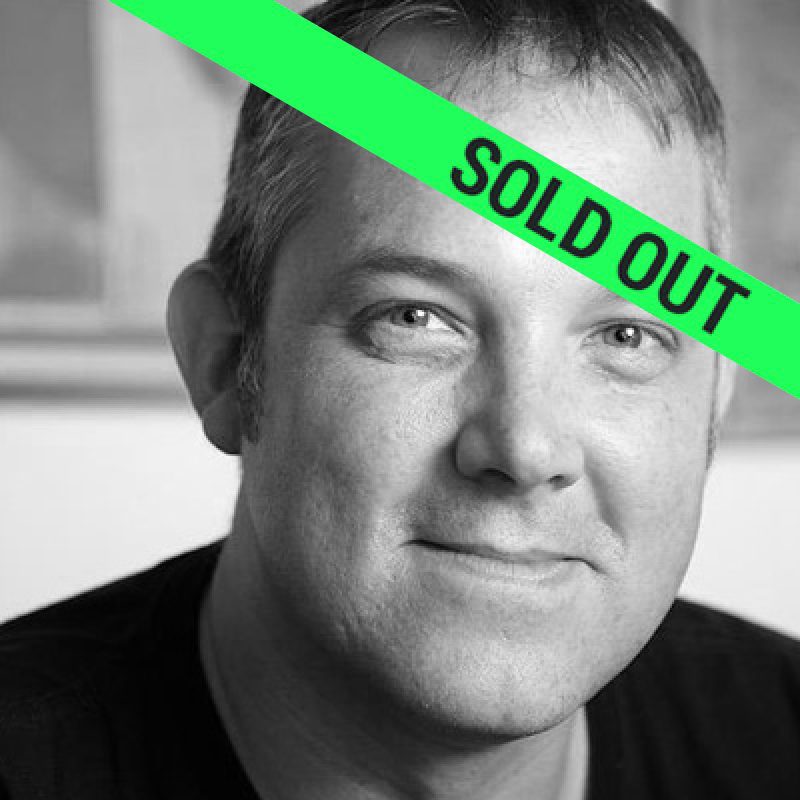
Design for what’s next
[SOLD OUT]
Josh Clark
Big Medium
Spend a day exploring emerging digital interactions and how you can put them to work today. Your guide is designer Josh Clark, author of Designing for Touch and ambassador of the near future. The day begins with a survey of familiar platforms – desktop and mobile – to uncover the new solutions that are replacing yesterday’s best practices. From there, we’ll move into newer design tools- speech, bots, physical interfaces, artificial intelligence, and more – to see how these fresh-from-the-future technologies fit into your everyday products and processes.
You’ll learn the tools and techniques for prototyping and launching these new interfaces, but you’ll also learn the answers to foundational questions for all your projects:
– What are the emerging design patterns and principles for these new interactions?
– What new process and techniques are required?
– What’s the role of user research and prototypes?
– How can play and experimentation lead to actual product?
– What are designers’ responsibilities when rolling out new tech?
– How do you support audiences that haven’t yet adopted the fresh and fancy?
You’ll leave the day inspired to create – and ready for action.
Who is it for?
– Product directors
– Product designers
– UX designers
– UI designers
– Interaction designers
– Content strategists
– Developers interested in UX of emerging technologies

Design Teams are a Design Exercise
Alberta Soranzo
Lloyds Banking Group
An effective design team requires a multitude of diverse skills, and it’s impossible for any one individual to possess them all. So, how do you go about putting together a team that’s balanced, powerful and can work effectively with other teams? What is the right mixture of junior and senior practitioners? What skills, soft and hard, do you need to design and deliver outstanding products and services that support meaningful outcomes?
In this workshop, we’ll take a look at how to assess the skills of our colleagues (as well as our own) to best shape, inspire and lead a design team that works together (and stays together). A team where more experienced practitioners thrive and more junior ones are supported, mentored and enabled to grow, and where complementarity and teamwork are the foundations of success. You will leave this workshop with a different point of view on design leadership, and ready to build, motivate, grow and keep design teams happy.
Who is it for?
– senior practitioners
– team leaders
– new managers
– managers new to design
– anybody working in a team and interested in understanding team dynamics and/or leadership.
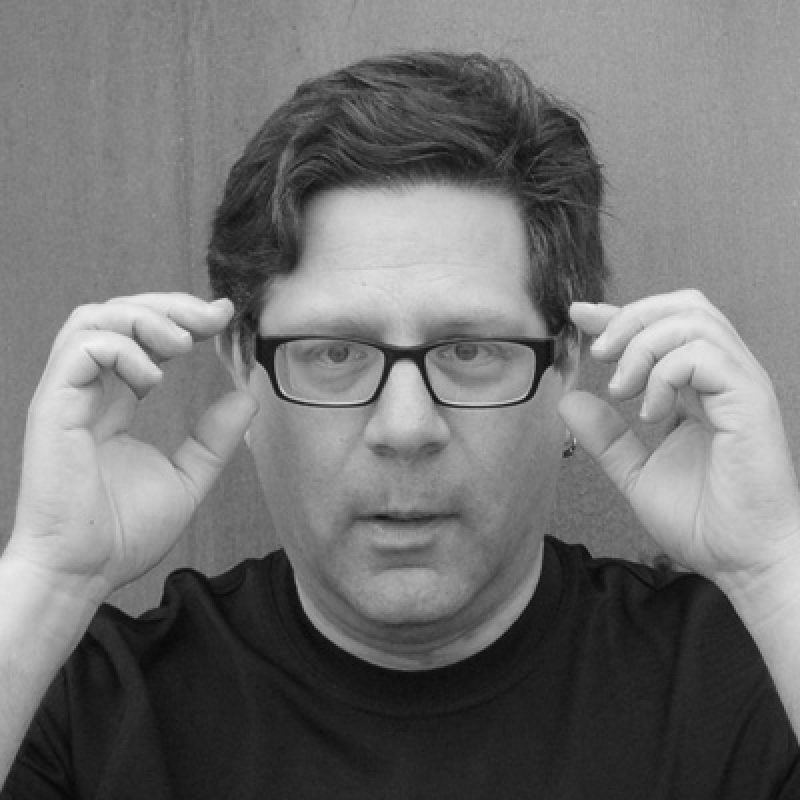
Interviewing Users: Uncovering Compelling Insights
Steve Portigal
Portigal Consulting
Interviewing is undeniably one of the most valuable and commonly used user research tools. Yet it’s often not used well, because:
– It’s based on skills we think we have (talking or even listening)
– It’s not taught or reflected on, and
– People tend to “wing it” rather than develop their skills.
Results may be inaccurate or reveal nothing new, suggesting the wrong design or business responses, or they may miss the crucial nuance that points to innovative breakthrough opportunities.
We will focus on the importance of rapport-building and listening and look at techniques for both. This session will explore other contextual research methods that can be built on top of interviewing in a seamless way. We’ll also suggest practice exercises for improving people’s interviewing skills and how to engage others in the organization successfully in the interviewing experience.
Who is it for?
People who are or want to be learning from users in order to make better product and service decisions.
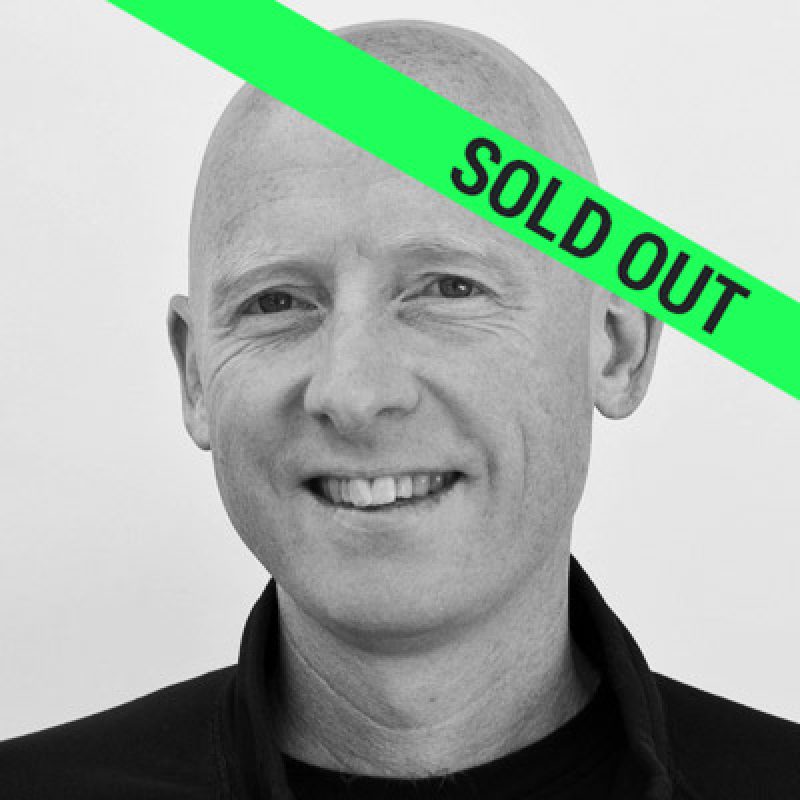
Planning for Strategic Design [SOLD OUT]
Peter Morville
Semantic Studios
In response to a question about how to plan products, Alan Kay famously remarked “the best way to predict the future is to invent it.” His answer invokes a paradox at the heart of design: we can’t know the future, yet it’s what we design for. To practice design successfully in an era of complexity and rapid change, we must get better at planning.
To start, we must let go of “the plan” and embrace a dynamic way of planning that’s social, tangible, agile, and reflective. We must engage our colleagues in business and technology to align prototypes and roadmaps with culture, governance, and process. To design sustainable products and services, we must also design the context. In this workshop, we’ll mix presentation and conversation with “planning together” exercises that invite us all to share stories, solve problems, and invent better tools for strategic design.
Who is it for?
– Executives
– Product managers
– Project managers
– Software developers
– User experience architects
– Content strategists
– Designers
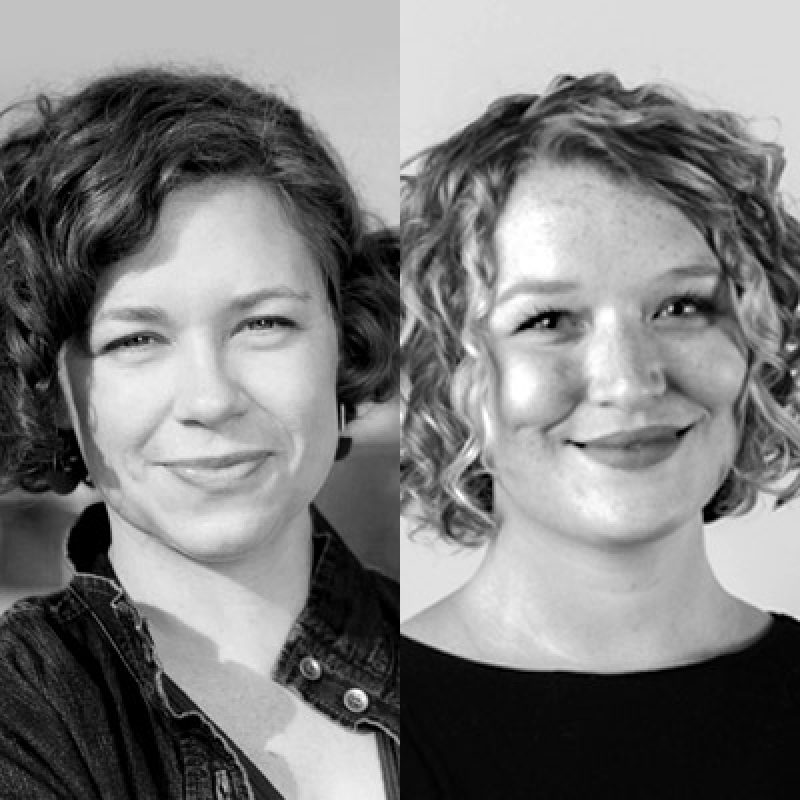
Designing Co-Creative Research
J. Brook & R. Buchanan
Dropbox
This full-day workshop introduces techniques to conduct co-creative research. We’ll cover how to incorporate co-creative methods leanly into design practice, and resources for designing creative and collaborative research activities. By the end of this full-day session, participants will have a foundation and hands-on experience to design and conduct creative, participatory research. They’ll leave with an understanding of how to have a different kind of conversation with their audiences and customers — one that is generative, energizing, mutually beneficial, and leads to more resonant and useful design.
This workshop is for anyone looking to design technology not only for people, but with people. Together, we’ll cover:
- Why and when to do co-creative research: How, why, and when to invite the people you design for into your design process. What’s different about co-creative research compared to standard interviewing, usability, or other kinds of research and testing? When is it most appropriate in the design process?
- Methods for telling: We’ll cover methodologies to use to help people express what’s important to them and what they value, so it can be considered in the front-end of the design process.
- Methods for making: Then, we’ll introduce ways to create together with customers so they can express what technology should do or be to support their goals. Or how a product or website can help them achieve the things they want to enable for themselves.
Methods for enacting: Lastly, we’ll share with you some ways we’ve explored enacting — or making real — some of these different design futures with our customers as well as our teams.
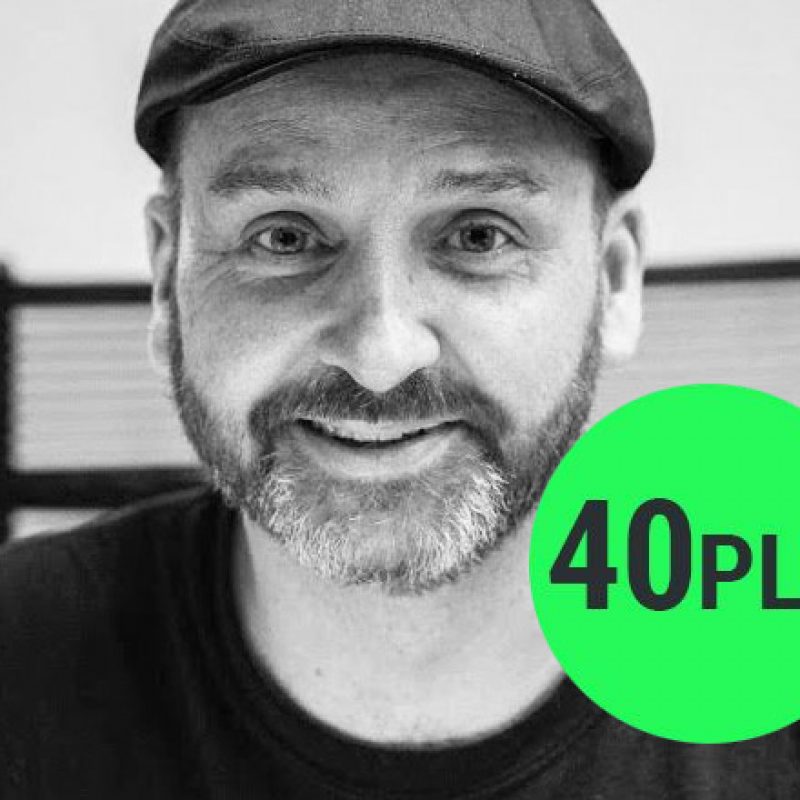
Adobe XD Deep Dive
Clive K. Lavery
Adobe
What’s in it for me, Adobe XD?
2018 looks like a showdown year for design and prototyping systems and presumably sometime soon there will be a handful remaining go-to solutions for digital design professionals amidst the vast array of offerings on the market today (last time we stopped counting there were round about 60…)
In our Deep Dive, we encourage you to take the time and XD for a thorough spin, discuss with the extended XD team and learn about its powerful capabilities, that are continuously expanding literally every month, based on the direct input and requests from our users – you!
Chances are, that if you have checked out XD some time ago, there are many new features that will help you to rapidly design, prototype, and share interactive experiences at the speed of thought.
If you are completely new to XD this hands-on lab lets you immerse in a new tool and learn powerful tips and tricks to remove friction from your digital design process.
Clive K. Lavery will provide unique insights into the roadmap and the user research driven development process at Adobe and explain how the XD team manages to deliver quality releases across five platforms on a monthly release cadence. Ask any question, and discuss best practices in product design and development with Clive, who is a member of the XDI Team.
Outline
After an introductory discussion including proper expectation management, we’re going to dive into bringing a simple user flow to life. Attendees will create an interactive prototype from scratch, that is shared for feedback and delivered to production. Attendees are to touch every feature of the software and will leave the workshop ready for production work using XD.
Throughout the workshop, attendees will discuss common (and maybe even completely new) additional ideas and feature requests with the extended XD team and the group, and gain a good understanding on how XD can help solving day to day challenges now and in the future.
Target audience
This workshop is for digital designers working on all kinds of products that live on a screen, and for people of various related job roles e.g. Product Owners or developers, that want to prototype and communicate ideas quickly on all levels of fidelity.
It is suitable for both beginners and experienced users of XD.
Attendees are required to bring their own macOS or Windows 10 laptop and an iOS or Android device. Detailed instructions will be sent to attendees in good time before the workshop.
About Clive
Clive is a Freelance UX Person and Full-Stack Human Being with more than 10 years of experience helping leading digital agencies and in-house teams to make their users and clients happy. As the son of a German mother and an English father, he is also very good at being annoyingly pedantic while drinking large amounts of tea.
Based in Berlin, Clive is a proud part of the Adobe XDI team and an active member of the European UX scene where he has co-organized Europe’s largest topical BarCamp, revived the local UX Book Club and mentors students for Career Foundry.
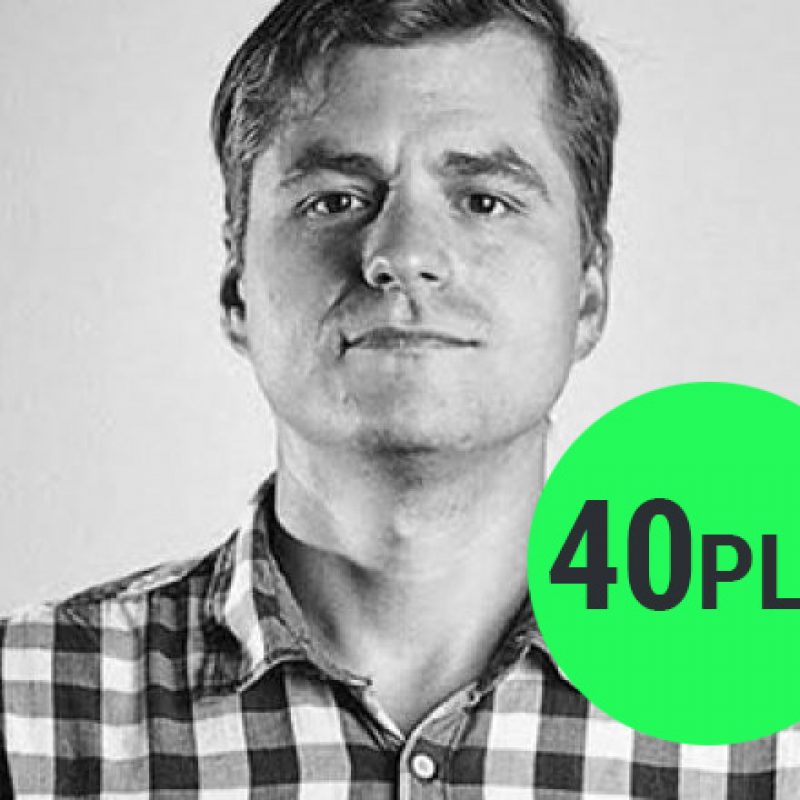
Hycom disruption lab. How to react to radical disruption.
Lukasz Felsztukier
Hycom
As the old saying goes, we are as strong as our weakest link. The best way to identify your weaknesses is to challenge them.
What and who can threaten your business model and how to react to it?
In our quick lab session I will present how to work out a plan and typical helpful strategies. We will work in groups to find best solutions and use disruptors to develop our business.
Disruptive lab is a set of ready to use steps how to react to on radical disruptions based on predictable scenarios.
Who is it for?
- Digital and Design Executives and Managers
- Product Managers and Owners
- Service and Product Designers
- User Experience Consultants and Designers
About Lukasz
Consultant, manager and product owner specializing in the use of mobile, e-commerce and IoT solutions in business in the B2B and B2C areas. Involved since 1999 in development of digital solutions and consulting in strategic use of technologies. Co-founder of Digital One – one of the first Polish interactive agencies (currently Deloitte Digital CE), whose clients included companies such as: mBank (BRE Group), Pepsi Cola General Bottlers, Schering AG, DaimlerChrysler, Pilsner Urquell, Phillip Morris Polska, and Telekomunikacja Polska.
Creator of iTaxi – the first and largest Polish mobile marketplace connecting passengers with taxi drivers via mobile application. Founder of the first Polish analytical and communication platform for distributed systems based on data collection from iBeacons.
Two-time winner of the Deloitte Fast50 CE title in the Rising Stars category (2003, 2004).
